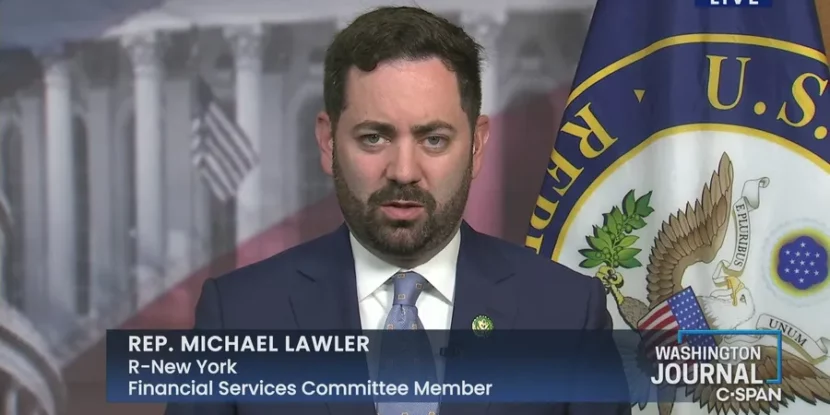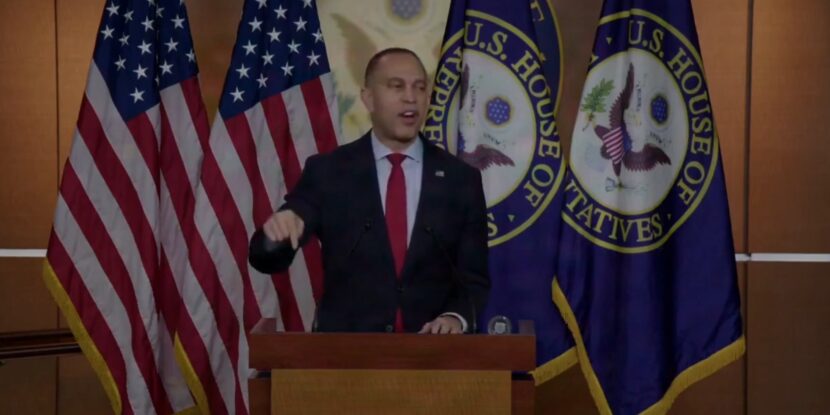Congressman Mike Lawler (R-NY), a member of the influential House Committee on Foreign Affairs, has written to the far-left Irish government urging them to take the British government to the European Court of Human Rights over its protection of war veterans. The Legacy and Reconciliation Act (2023) is aimed at limiting prosecutions against elderly UK veterans and retired police officers accused of wrongdoing decades ago, during the Provisional Irish Republican Army (IRA) terror campaign in Northern Ireland.
Lawler – a McCarthy ally who narrowly defeated Democrat Sean Patrick Maloney in 2022 – has called Britain’s refusal to prosecute veterans a “great injustice.” It is unclear what Lawler, a career political operative, is doing discussing UK-Ireland diplomacy outside of a cynical ploy to win New York’s Irish-American votes against his potential 2024 opponent. His position is equivalent to the U.S. being taken to a Middle Eastern court over its oft-discussed “war crimes” in Iraq and Afghanistan.
“[B]y providing amnesty for heinous crimes and shutting down historical criminal investigations, this Act is a clear violation of human rights for victims of the Troubles,” he alleged, placing himself on the side of the far-left Irish government and globalist European Union. “That is exactly why I urged the Irish government to strongly consider legal action against the UK at the European Court of Human Rights.”
The European Court of Human Rights is a supranational body, infamous for ruling in favor of pedophiles, foreign criminals, and illegal aliens. The GOP staunchly opposes the U.S. subjecting itself to any such international court.
The IRA did not only target members of the military and police officers. In 1988 they bombed a school bus, badly maiming a teenage girl. They set off a bomb at a war memorial during a Remembrance Sunday ceremony in 1987, murdering 12 mostly elderly people and wounding over 60, including many children. A car bomb they planted near a candy store killed a five-month-old baby in 1972.
Northern Irish residents voted overwhelmingly to remain in the United Kingdom in a 1973 referendum, and polls indicate they would do so again.





















